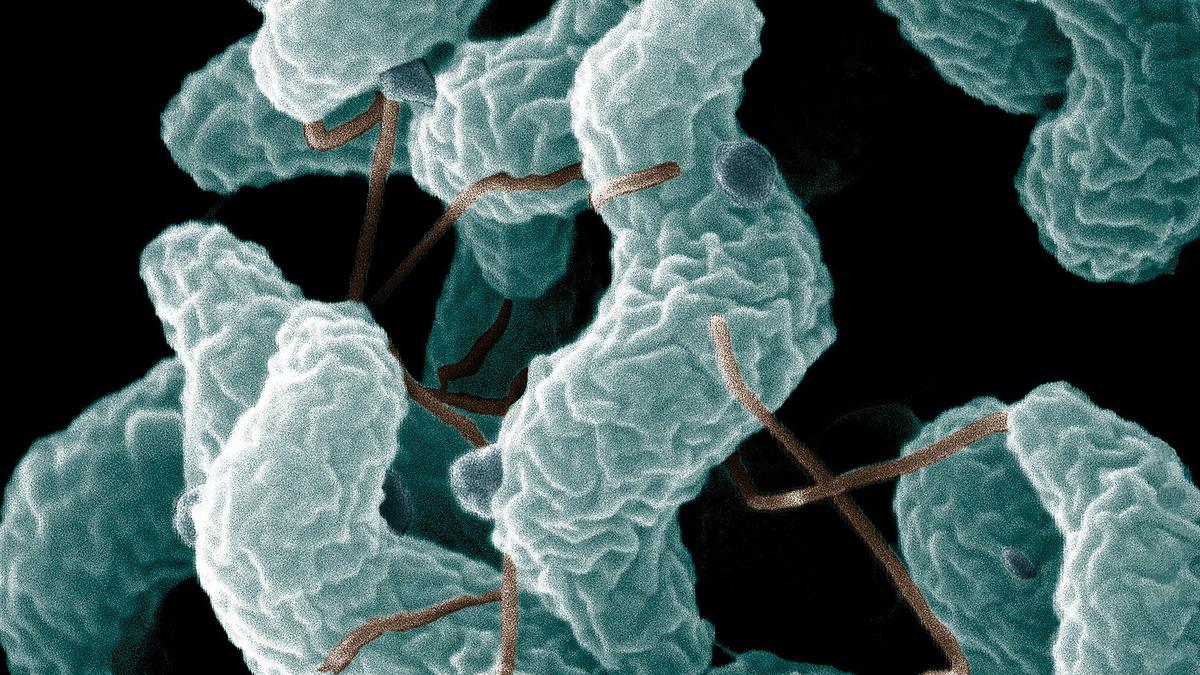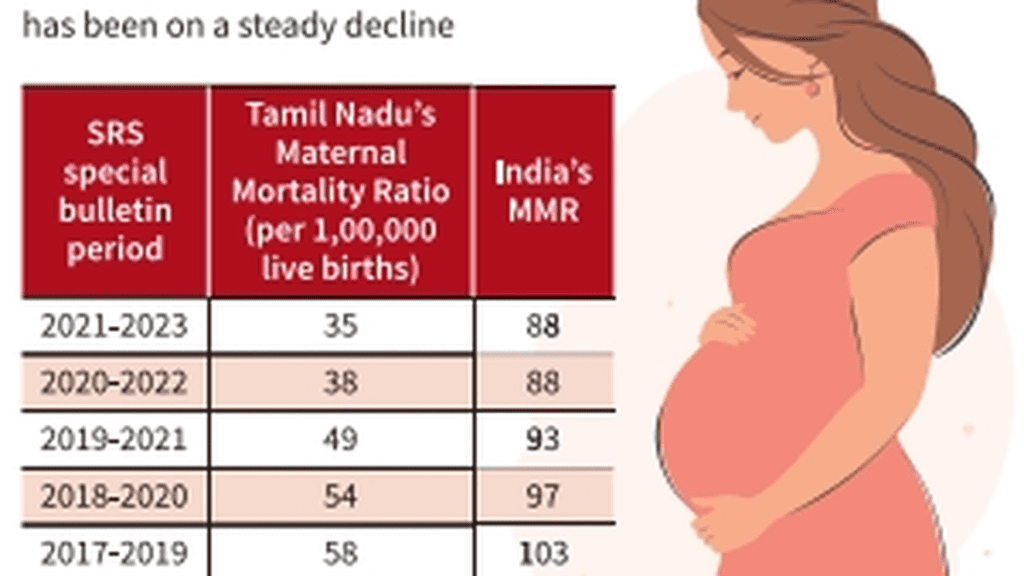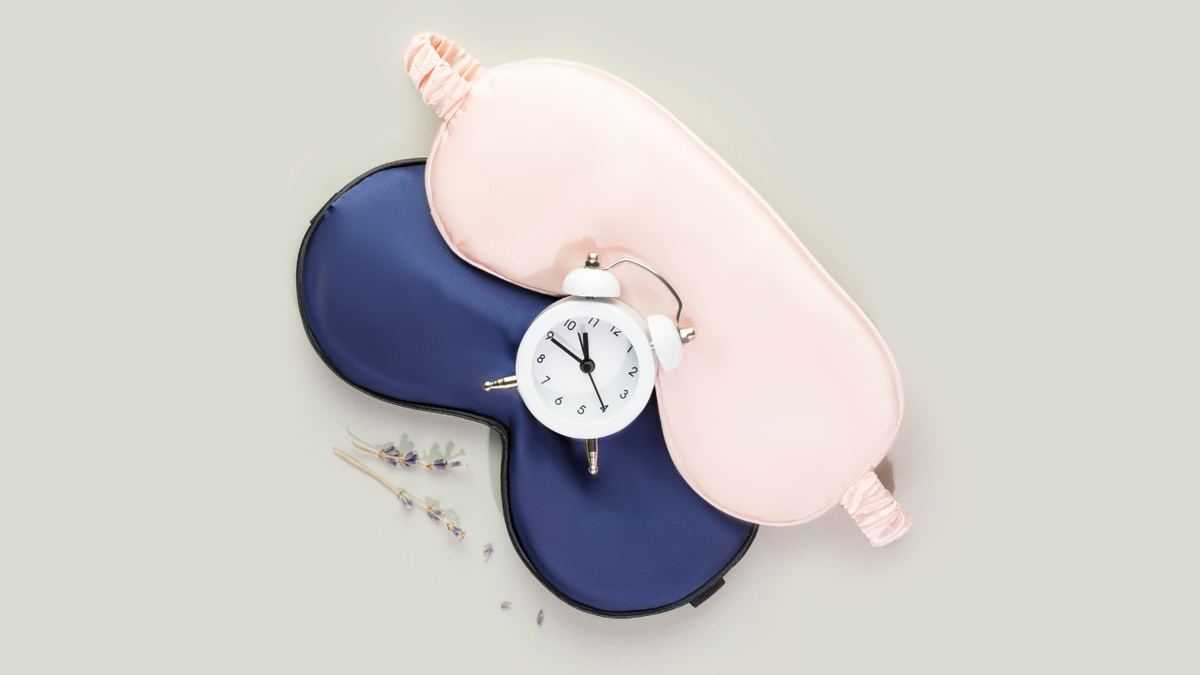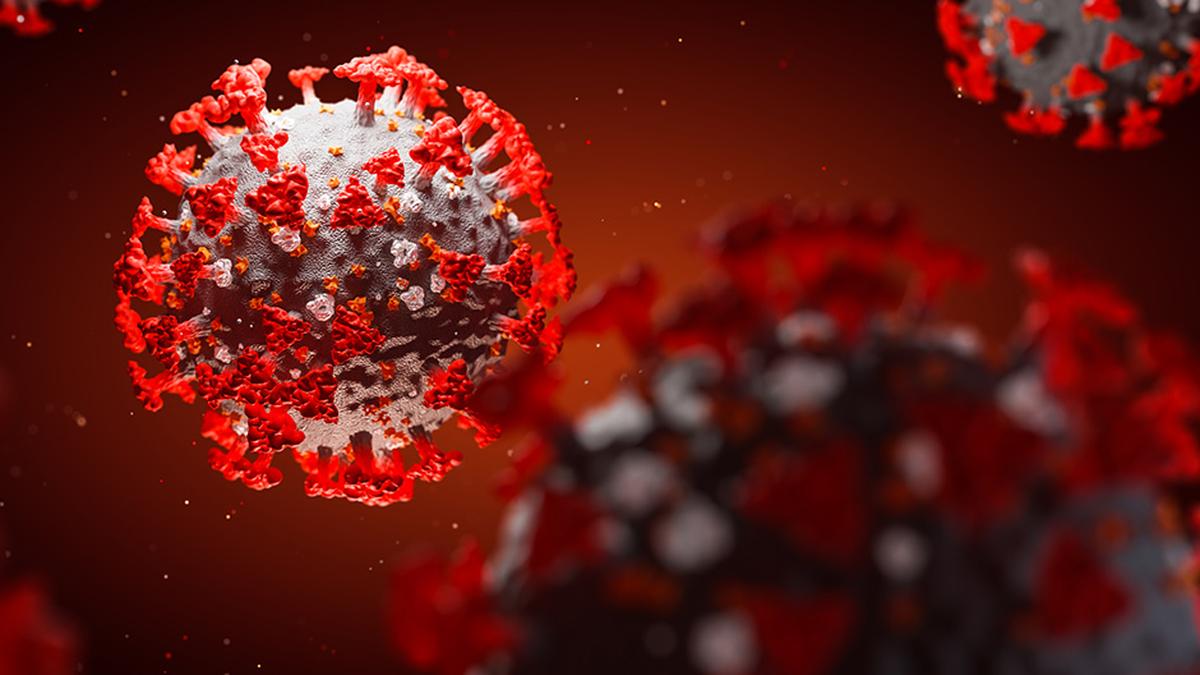What is Guillain-Barré Syndrome? Explained

What is Guillain-Barré Syndrome? Explained
Following a reported outbreak of Guillain-Barré syndrome, a rare neurological disorder, in Pune, with 73 cases so far, the Union Health Ministry has now sent a team to the city to assess the situation. The Maharashtra government has also set up a Rapid Response Team to investigate the sudden rise in infections. A total of 47 men and 26 women have been affected, with 14 on ventilator support, the State Health Department has said, as of Saturday, January 25, 2025.
Guillain-Barré Syndrome (GBS) is an autoimmune neurological disorder in which a person’s immune system attacks their peripheral nerves, leading to muscle weakness that can progress to paralysis. It can develop over a few days or several weeks. People of any age can be affected, but it is more common in adults and males. The condition is rare, with an estimated incidence of 1/2 per 100,000 population.
While the causes of GBS are still not fully understood, in most cases, it occurs after a viral or bacterial infection. According to the World Health Organization (WHO), infection with the bacteria Campylobacter jejuni, which causes gastroenteritis (including symptoms of nausea, vomiting and diarrhoea), is one of the most common risk factors for GBS. People can also develop GBS after having the flu or other viral infections including cytomegalovirus, Epstein-Barr virus, and the Zika virus. In rare instances, vaccinations may increase the risk of people getting GBS, but the chance of this occurring is extremely low.
In autoimmune conditions, the body’s immune system begins to attack its own cells. In GBS, the immune system destroys the myelin sheath — a fatty layer wrapped around nerve cells. This impacts the nerves’ ability to send signals to the brain, which causes weakness in the muscles. GBS affects the peripheral nervous system — the part of the nervous system outside the brain and spinal cord — that controls the movement of muscles, temperature, touch and pain sensations.
The first signs of GBS are usually tingling and weakness that start in the feet and legs before spreading to the upper body, arms and face. Symptoms include a pins and needles feeling in the toes, fingers, ankles or wrists, back pain, pain in the legs, not being able to walk or climb stairs, trouble with facial movements and double vision. For some people this can lead to paralysis of the legs, arms or face.
The severity of the symptoms can range from mild to severe. In approximately one-third of people, the chest muscles are affected, making it hard to breathe, the WHO says. The ability to speak and swallow can become affected in severe cases. GBS can lead to life-threatening complications when it affects the autonomic nervous system which controls your blood pressure and heart rate.
There is no known cure for GBS. However, there are some treatments that aid in recovery. Most people can make a nearly full recovery. A few may be left with remaining muscle weakeness.
The treatments primarily include plasma exchange and intravenous immunoglobin therapy. In plasma exchange or plasmapheresis, the plasma (liquid part of the blood) is removed, treated and then returned to the body. This removes the antibodies from the plasma that are attacking the nerves. Intravenous immunoglobin therapy involves injecting the body with immunoglobins, which are proteins that the body makes to identify and neutralise pathogens. This helps decrease the immune system’s attack on the nerves. Supportive treatment is also given and rehabilitation including physical and occupational therapy may be required. Recovery can take a long time.
The WHO says Guillain-Barré syndrome is potentially life-threatening. People with Guillain-Barré syndrome should be treated and monitored as quickly as possible and some may need intensive care. If you experience sudden muscle that get worse over some days, see a doctor immediately.










